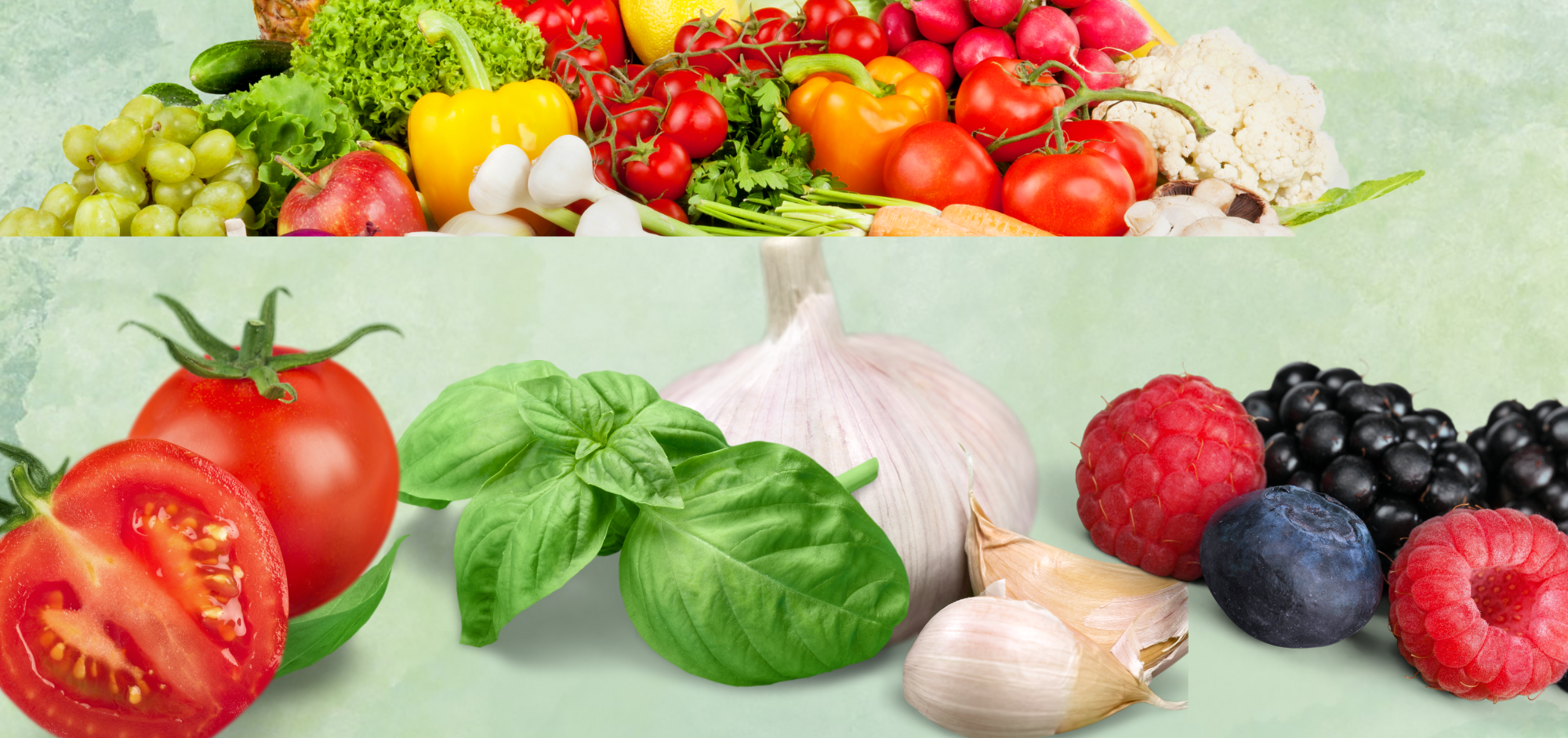
Berries: Antioxidants like anthocyanins and flavonoids, which are abundant in berries including strawberries, blueberries, raspberries, and blackberries, have been linked to a lower risk of developing several malignancies.
The National Library of Medicine states, “berries contain abundant phytochemicals that have been shown to delay cancer development.”
Cruciferous vegetables: broccoli, cauliflower, kale, Brussels sprouts, and cabbage are examples of vegetables that contain glucosinolates, which can be further broken down into bioactive substances like isothiocyanates and indoles. These substances may aid in the inactivation of carcinogens, suppress the proliferation of cancer cells, and activate the enzymes that detoxify carcinogens.
The National Library of Medicine refers to “an expert panel report published in 1997, which stated that there was ‘convincing’ evidence that high intakes of fruit and/or vegetables decrease the risk for cancers of the mouth and pharynx, oesophagus, stomach, colorectum and lung.”
Tomatoes: Rich in lycopene, a potent antioxidant associated with a lower risk of prostate cancer, tomatoes are a great source of this antioxidant. Lycopene may be able to shield DNA from harm and stop the spread of cancer cells.
Research has shown that tomatoes have been shown to lower some types of cancers.
Green tea: Studies have indicated that the polyphenols in green tea, especially the catechins like epigallocatechin gallate (EGCG), have anti-cancer effects. These substances have the ability to stop the growth and development of tumors by causing cancer cells to undergo apoptosis, or death, and by limiting the multiplication of cancer cells.
Green tea has shown that it has delayed the onset of cancer and also prevented cancer through research.
Garlic: Studies have shown that sulfur compounds like allicin, which are contained in garlic, have anti-cancer properties. Allicin may boost the body’s anti-cancer defenses, reduce inflammation, and halt the spread of cancer cells.
Research has indicated that garlic has “strong anti-cancer fighting properties.“
Turmeric: The active ingredient in turmeric, curcumin, has strong anti-inflammatory and antioxidant qualities. Curcumin may contribute to the inhibition of tumor growth, the induction of cancer cell death, and the suppression of tumor growth.
Tumeric has been shown to reduce metastatic lung tumors.
Leafy greens: Packed with vitamins, minerals, and antioxidants, leafy greens like spinach, kale, and Swiss chard improve general health and may lower the risk of certain malignancies.
Research has indicated that higher consumption of greens may lower different types of cancer.
Conclusion
These seven cancer fighting foods are packed with antioxidant, anti-inflammatory, and anti-cancer properties. These foods have been proven through research to help reduce cancer.

